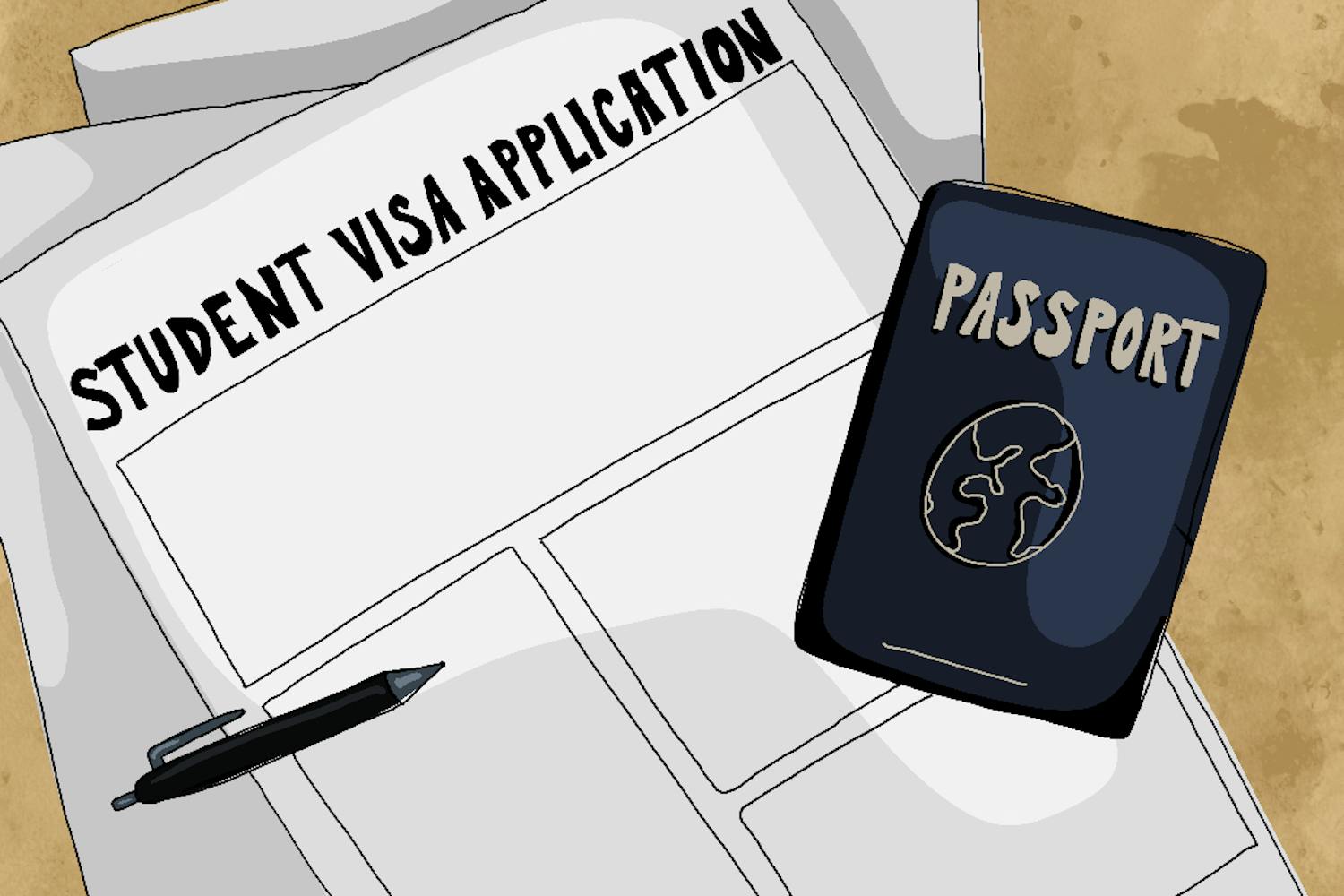In all of the chaos, miscalculation and death that happens on a daily basis, it is often hard to find times when things are going well. Listening to the news, you often get the sense that the world is going to end any minute. With Iran trying to create nuclear weapons even as the U.S. intervenes, Russian separatists escalating the on-going conflict in Ukraine, and, of course, ISIS — to name just a few big problems — it seems as though nothing is going right.
There is always a silver lining in every situation. One such phenomenon is happening right now in Afghanistan. Now, I know what you’re thinking: We are slowly withdrawing most of our troops from the country, the leadership relationship is tenuous after a chaotic and heated election last year, there has been a surge of night-time raids against militants and terrorists and the Afghan security services are in shambles due to desertion and death. Under these conditions, there can’t possibly be significant progress in Afghanistan.

Slight progress in one key area may demonstrate the future of a country that has been mired in war, poverty and ceaseless misery since the late 1970s: women’s rights. The “weaker” sex has made brilliant strides since the beginning of the new decade. As of 2010, women have comprised 28 percent of the parliament in Afghanistan, 4 million girls are in school and last year Afghanistan appointed a 50-year-old mother-of-five to be a chief of police.
I’m not saying that this is a perfect women’s rights record. Compared to the U.S. and other Western powers, it looks positively barbaric. But these statistics are developing in a country that has historically been ruled by one interpretation or another of sharia law, a set of rules stemming from an extreme reading that requires women, among other things, to be covered head-to-toe, not go outside without being accompanied by a male relative, and to marry upon reaching puberty based on arrangements predicated many times on economic desperation in the family. Basically, what Saudi Arabia looks like now.
That’s why a lot more needs to be done. Sexual conservatism, like in Saudi Arabia, pervades the entire country of Afghanistan, and is putting women (especially police women) in danger. The biggest need that women who are active in society have now, and indeed have always had, is security. They are making progress, but that can only be sustained with stability and protection. Which is not as forthcoming as it should be. Two years ago, an Afghan police woman named Parveena was brutally murdered; after being asked her name, she was shot 11 times by two masked men with Kalashnikovs. She was one of six police women killed that year, all because she was trying to serve the country that she loves as the “wrong” gender.
That’s why I support Ash Carter when he says that the U.S. should consider slowing its withdrawal. You cannot secure a country when Afghan soldiers are deserting like crazy. The Taliban is still out there, and haven't been reconciled. You can’t push for equal distribution of police women across provinces in Afghanistan — some provinces don’t have any police women — if you are not there to enforce that push. We need to stay in Afghanistan a little while longer (as I’ve argued before), because it is in our best interest, and in the interest of our values. There are too many counting on us — especially women.
Reach the columnist at jbrunne2@asu.edu or follow @MrAmbassador4 on Twitter.
Editor’s note: The opinions presented in this column are the author’s and do not imply any endorsement from The State Press or its editors.
Want to join the conversation? Send an email to opiniondesk.statepress@gmail.com. Keep letters under 300 words and be sure to include your university affiliation. Anonymity will not be granted.
Like The State Press on Facebook and follow @statepress on Twitter.




